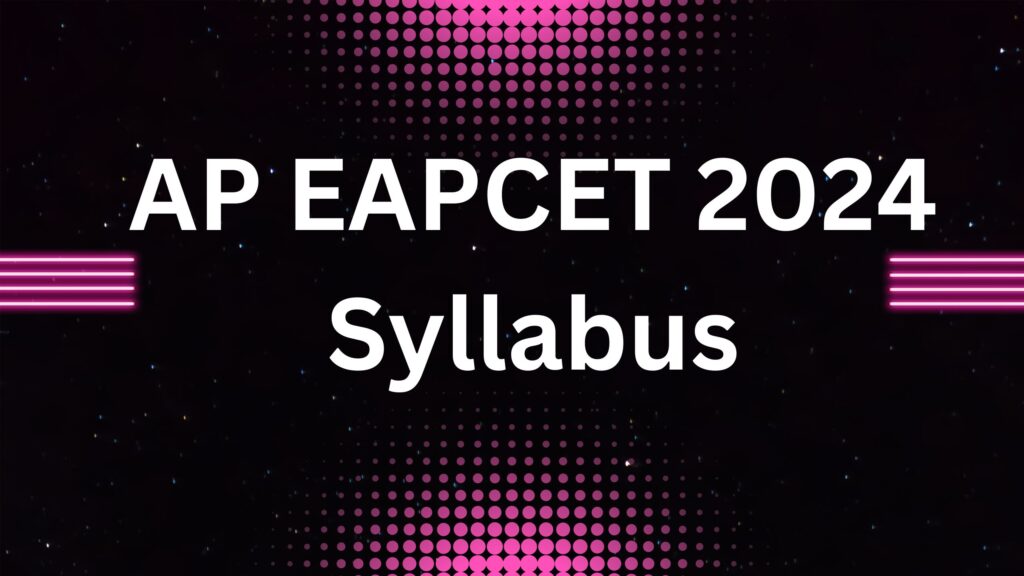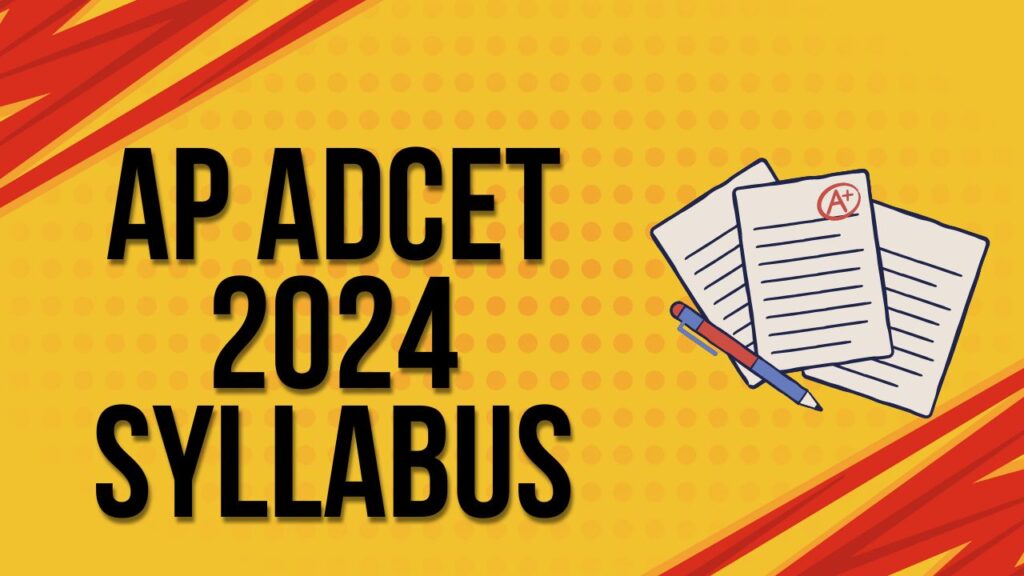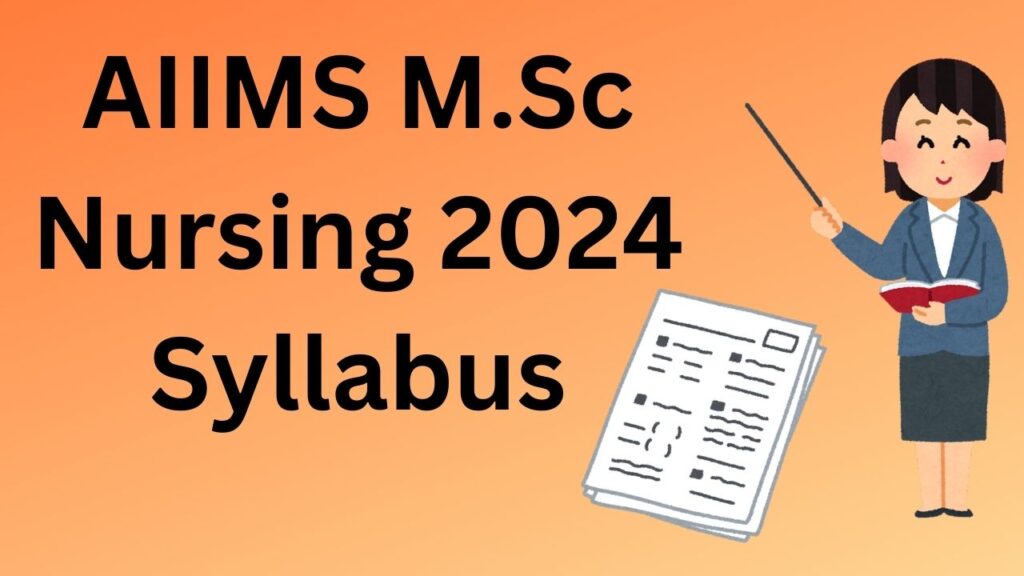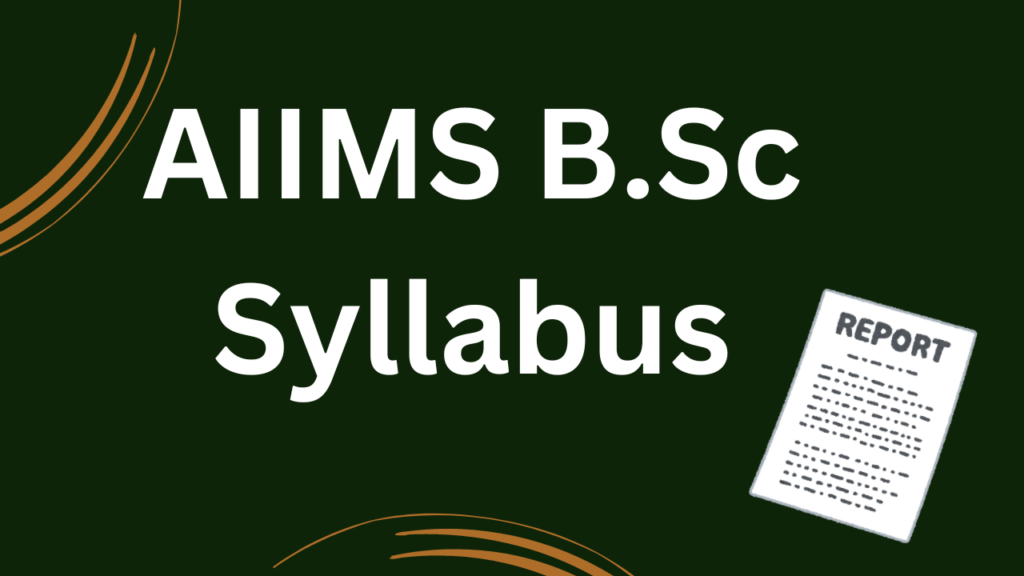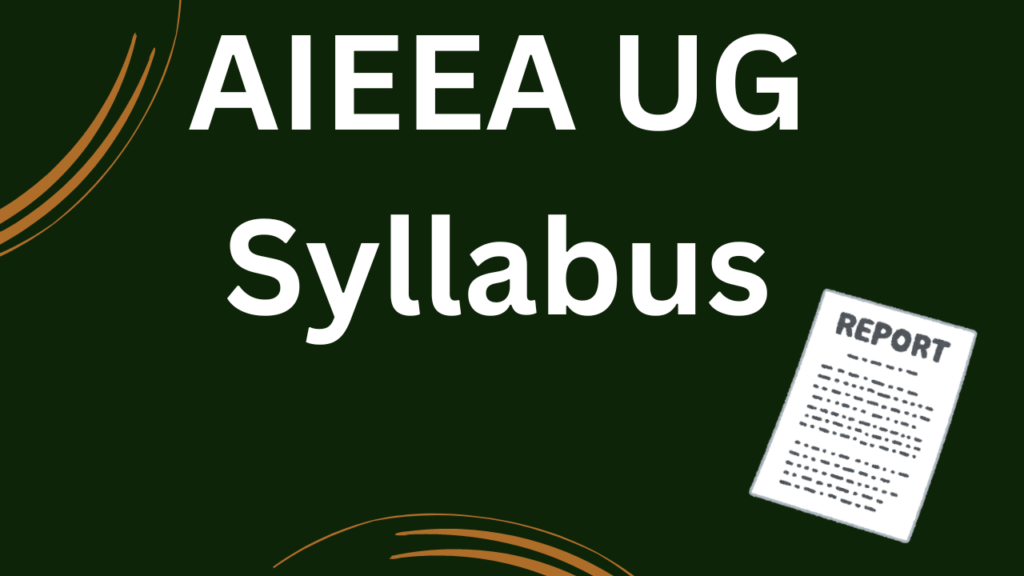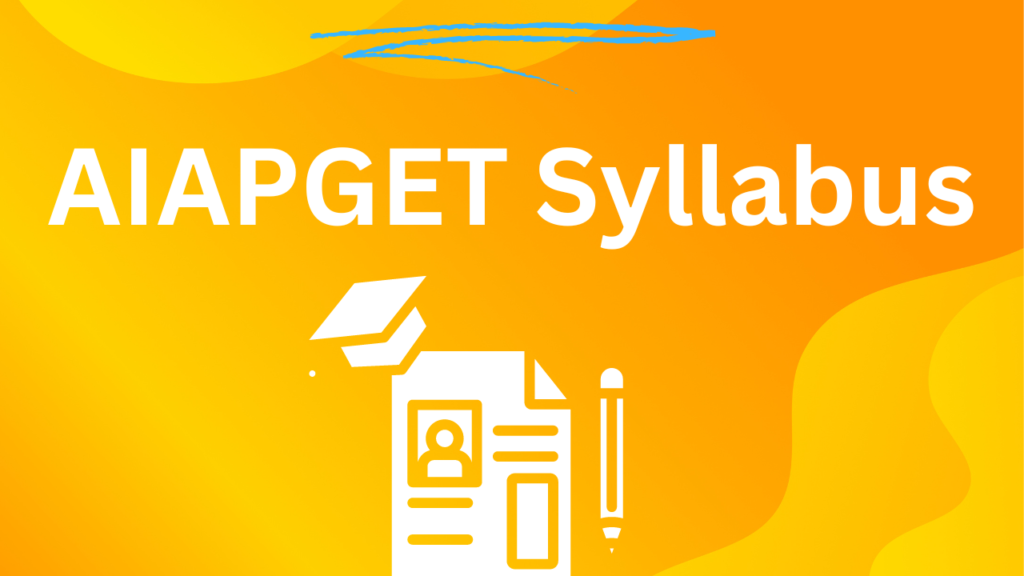AP EAPCET 2024 Syllabus -AP EAPCET Syllabus Download in PDF
AP EAPCET 2024 Syllabus
AP EAPCET 2024 Syllabus
Introduction to AP EAPCET 2024
The Andhra Pradesh Engineering, Agriculture, and Pharmacy Common Entrance Test (AP EAPCET) 2024 is a very important test for kids in Andhra Pradesh who want to go to college to study engineering, agriculture, or pharmacy. The goal of this piece is to give a complete and in-depth look at the AP EAPCET 2024 schedule so that candidates are well-prepared to do well on this important test.
Overview of the AP EAPCET 2024 Examination
The Jawaharlal Nehru Technological University, Kakinada (JNTUK) gives the AP EAPCET every year as a state-level entrance test. The purpose of the test is to see how much the candidate knows and understands about topics related to their chosen field of study. Depending on the course a candidate chooses, the AP EAPCET 2024 will test them on topics from Physics, Chemistry, Mathematics, and Biology.
Detailed Syllabus for Engineering Aspirants
1. Physics
1.1. Kinematics
- Motion in a straight line
- Motion in a plane
- Projectile motion
1.2. Laws of Motion
- Newton’s laws of motion
- Friction
- Circular motion
1.3. Work, Energy, and Power
- Work-energy theorem
- Power
- Conservation of energy
1.4. Thermodynamics
- Laws of thermodynamics
- Heat engines
- Entropy
1.5. Optics
- Reflection and refraction
- Lenses and mirrors
- Optical instruments
1.6. Electromagnetism
- Electrostatics
- Current electricity
- Magnetic effects of current
1.7. Modern Physics
- Quantum mechanics
- Atomic models
- Nuclear physics
2. Chemistry
2.1. Physical Chemistry
- Atomic structure
- Chemical bonding
- Thermodynamics
2.2. Organic Chemistry
- Hydrocarbons
- Functional groups
- Polymers
2.3. Inorganic Chemistry
- Periodic table
- Coordination compounds
- Metallurgy
2.4. Environmental Chemistry
- Pollution
- Green chemistry
- Chemical safety
3. Mathematics
3.1. Algebra
- Quadratic equations
- Complex numbers
- Sequences and series
3.2. Calculus
- Limits and derivatives
- Integrals
- Differential equations
3.3. Coordinate Geometry
- Straight lines
- Circles
- Conic sections
3.4. Vectors and 3D Geometry
- Vector algebra
- Three-dimensional geometry
3.5. Statistics and Probability
- Measures of central tendency
- Probability distributions
Detailed Syllabus for Agriculture and Pharmacy Aspirants
1. Biology
1.1. Diversity in Living World
- Classification of living organisms
- Plant and animal diversity
1.2. Structural Organisation in Animals and Plants
- Animal tissues
- Plant tissues
1.3. Cell Structure and Function
- Cell division
- Genetics and evolution
1.4. Plant Physiology
- Photosynthesis
- Plant growth and development
1.5. Human Physiology
- Digestive and circulatory systems
- Excretory and respiratory systems
2. Chemistry
The chemistry course for people who want to study pharmacy or agriculture is mostly the same as the chemistry course for engineering students, with a focus on environmental chemistry and organic chemistry that can be used in agriculture.
Preparation Strategies for AP EAPCET 2024
1. Understanding the Exam Pattern
Learn about the test design, which includes the length of the exam, the types of questions (multiple-choice or objective), and how they will be graded. This will help you make a good plan for how to study.
2. Comprehensive Study Material
Utilize NCERT textbooks, reference books, and online resources specific to the AP EAPCET syllabus. For engineering aspirants, focus on textbooks and study guides aligned with the JEE Main and Advanced syllabi.
3. Practice with Previous Papers
Regularly go over question papers and practice tests from past years to get a feel for how the real test is set up and to find areas that need more work. This practice will also help you keep track of time on the real test.
4. Regular Revision
It is very important to keep going over important ideas and rules. Set aside specific times to review different subjects to help you remember what you’ve learnt.
5. Health and Well-being
For best success, it’s important to take care of your physical and mental health. To keep from getting burned out while you’re preparing, make sure you eat well, get enough sleep, and take breaks often.
Conclusion
Lastly, it is important to fully understand the AP EAPCET 2024 course if you want to do well on this difficult test. Candidates can improve their chances of doing well on the AP EAPCET 2024 by paying close attention to the full material given above and using effective study methods.
AP EAPCET 2024 Syllabus -AP EAPCET Syllabus Download in PDF Read More »

